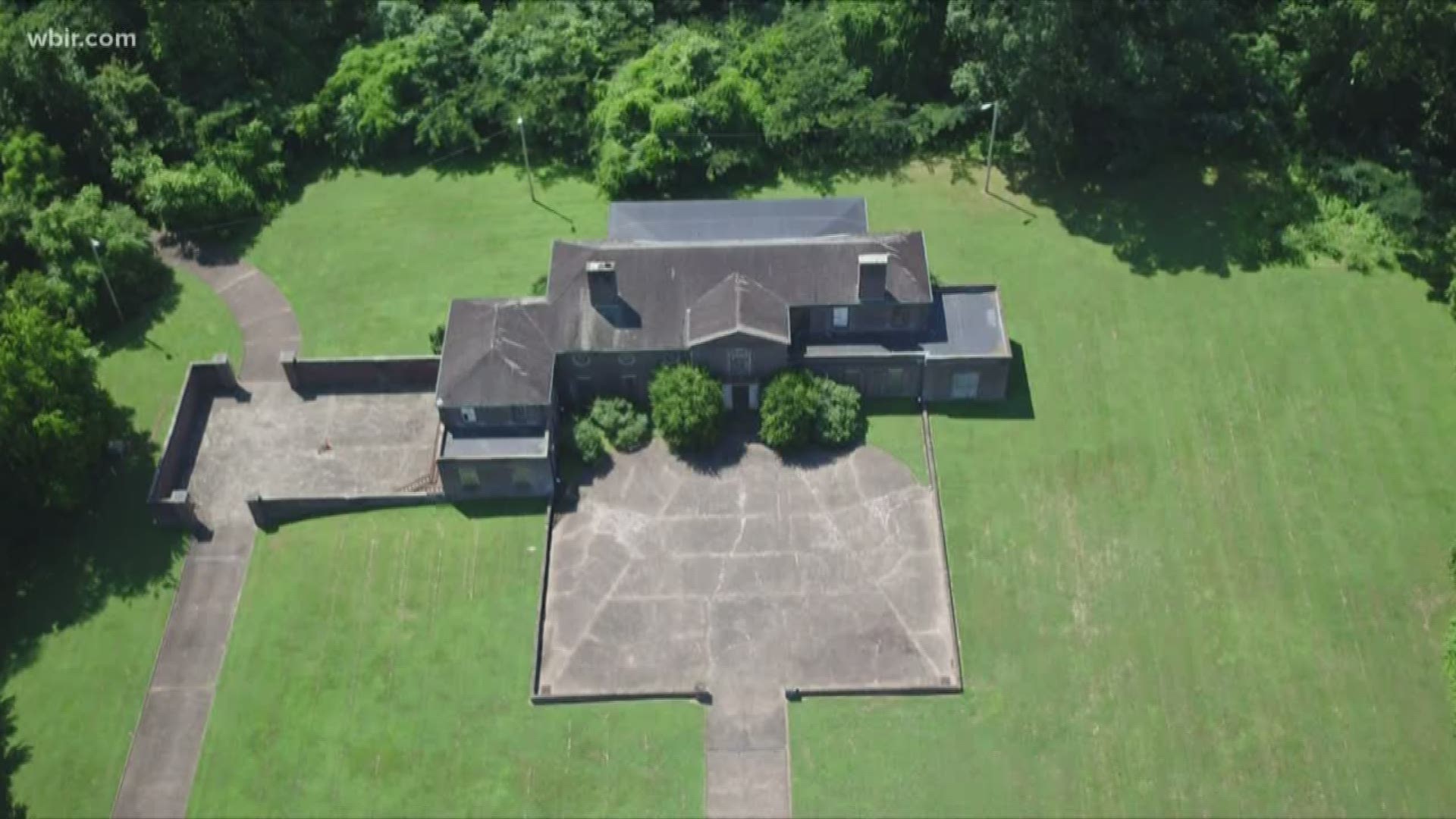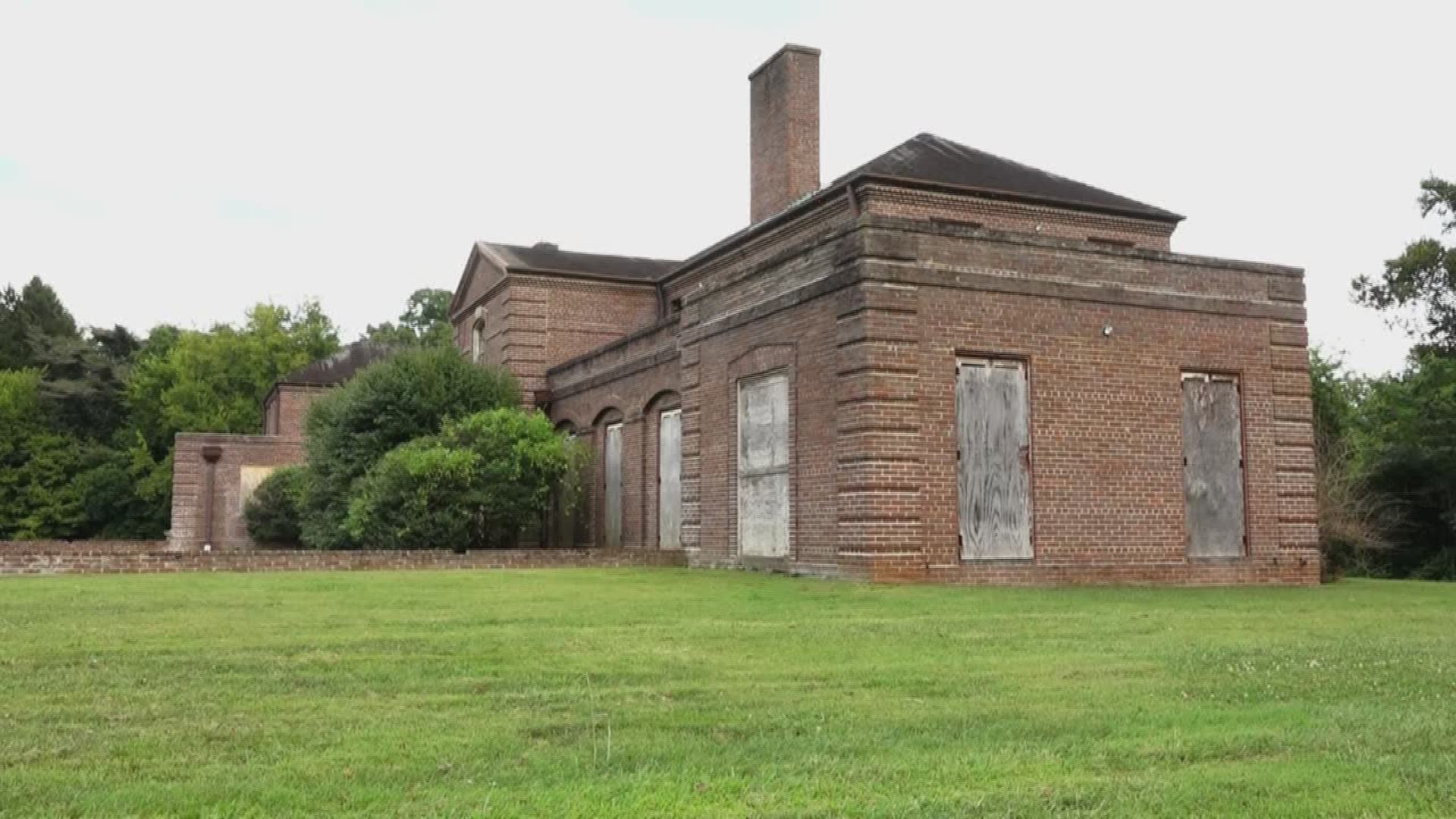KNOXVILLE, Tennessee — Twenty-one years after her death, a Knox County chancellor cleared the way Wednesday for the sale, subdivision and possible demolition of the decrepit Eugenia Williams mansion.
Chancellor John Weaver approved an order at the University of Tennessee's request. UT tried for years to find an affordable use for it after Williams, an heiress whose wealth included Coca-Cola stock, bequeathed it.
The 10,000-square-foot boarded up, lakefront house at 4848 Lyons View Pike has been empty for decades. Decay now is evident with some parts of the roof falling in.
Williams built it around 1940. She moved out in 1983. She spent her last years at the old St. Mary's hospital in North Knoxville.
Born at the start of the 20th century, Williams died in 1998.

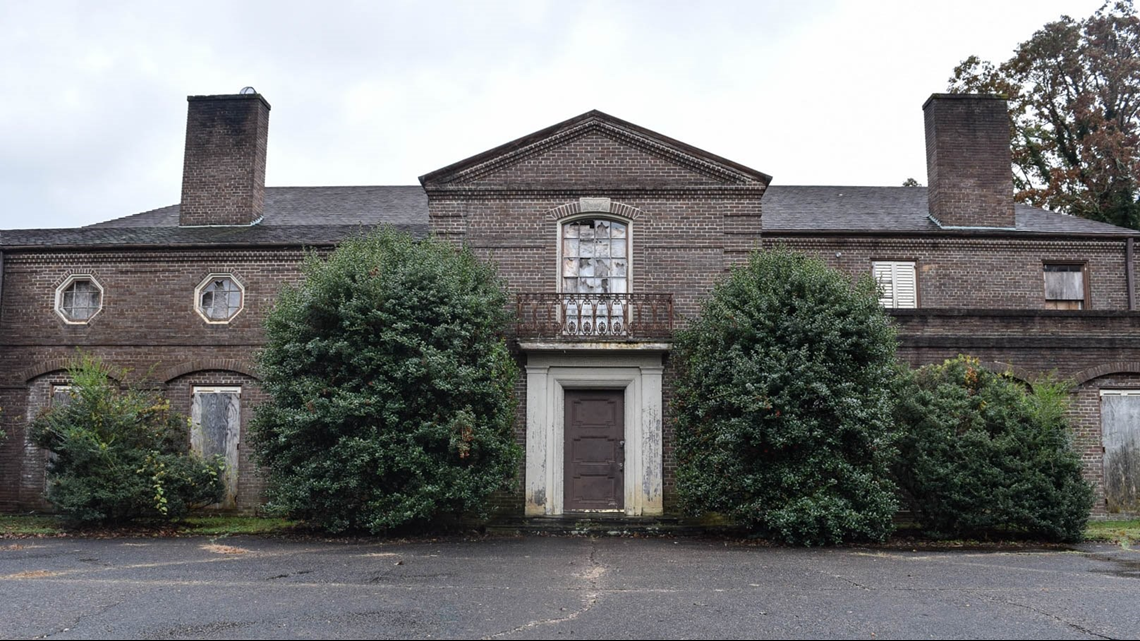
Weaver's order Wednesday contains several conditions.
The 24-acre property can be split into no more than two parcels. The buyer is free to destroy the decaying house and rebuild on-site, according to Weaver.
"If the purchaser or subsequent owner decides to retain the house currently on the property, only one additional house may be built and that house must be situated on the subdivided plot other than the one on which the current house is situated," Weaver's order states.
RELATED: Explore Tennessee's Abandoned Places
Sale of the property will go toward scholarships to help needy students, UT has pledged.

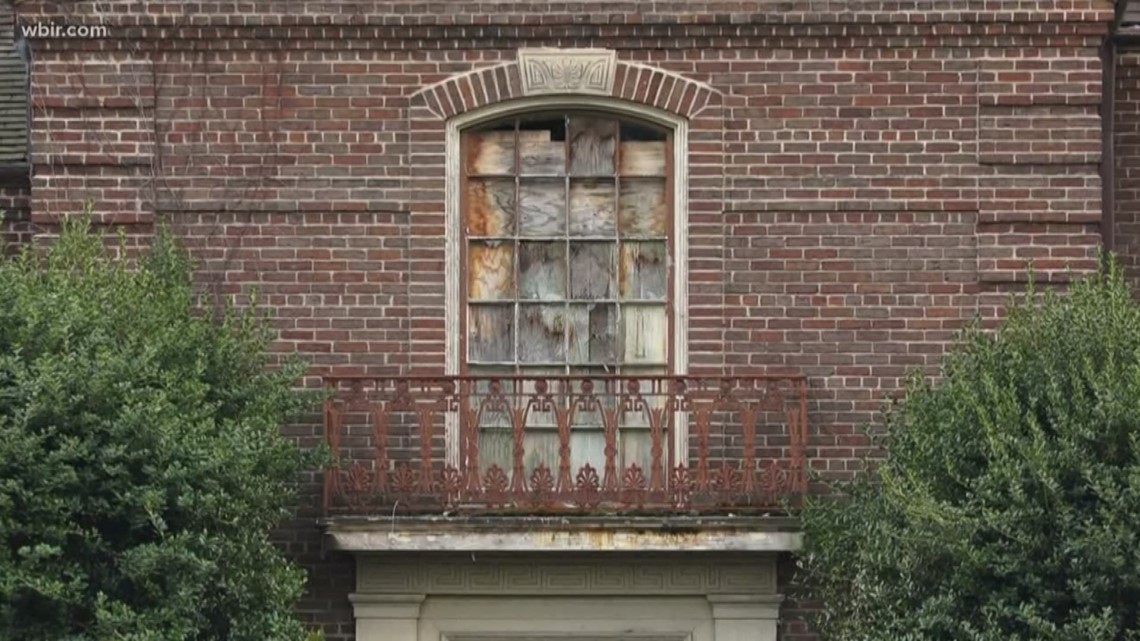
During property ownership, it's also become apparent that another landowner actually is encroaching on about 3,000 square feet of land near the home. UT can sell that plot as well to the encroaching resident, Weaver said.
In 1981, Williams signed off on a will in which she left the home and land to UT in honor of her father, Dr. David Hitt Williams. She decreed it wasn't supposed to be sold or subdivided and she wanted the house to be used "for some educational, residential, social, cultural or business purpose" that would promote the interests of the UT System or UT Knoxville itself.
If UT couldn't find a use for the house, she said, it would be OK to tear it down, but UT was to find a use for it.

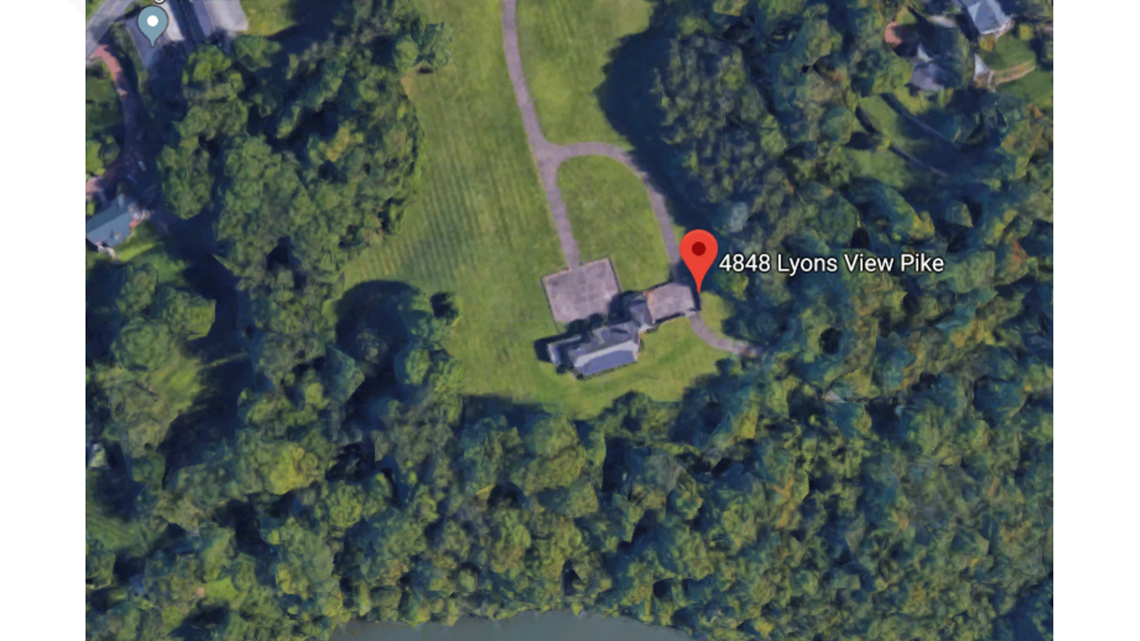
The university learned pretty quickly, however, that there was no easy way to deal with the house. It was in substantial disrepair when UT got it, having been boarded up more than a decade.
University officials pondered using it as a house for the system president, perhaps as office space, as assisted living space and as the headquarters for a Knoxville charitable foundation.
Renovating the house itself could, by one estimate, cost as much as $5 million, records show.

